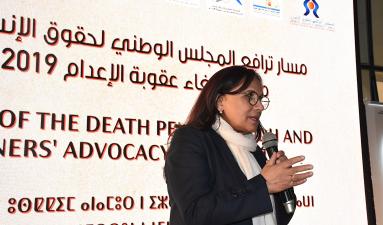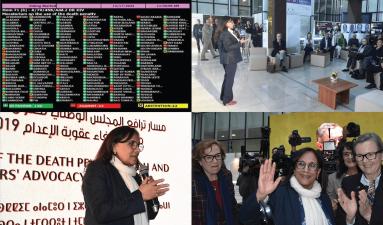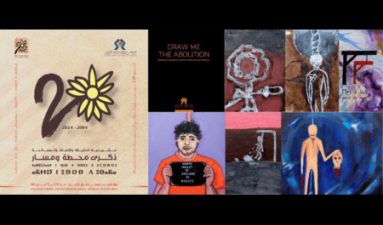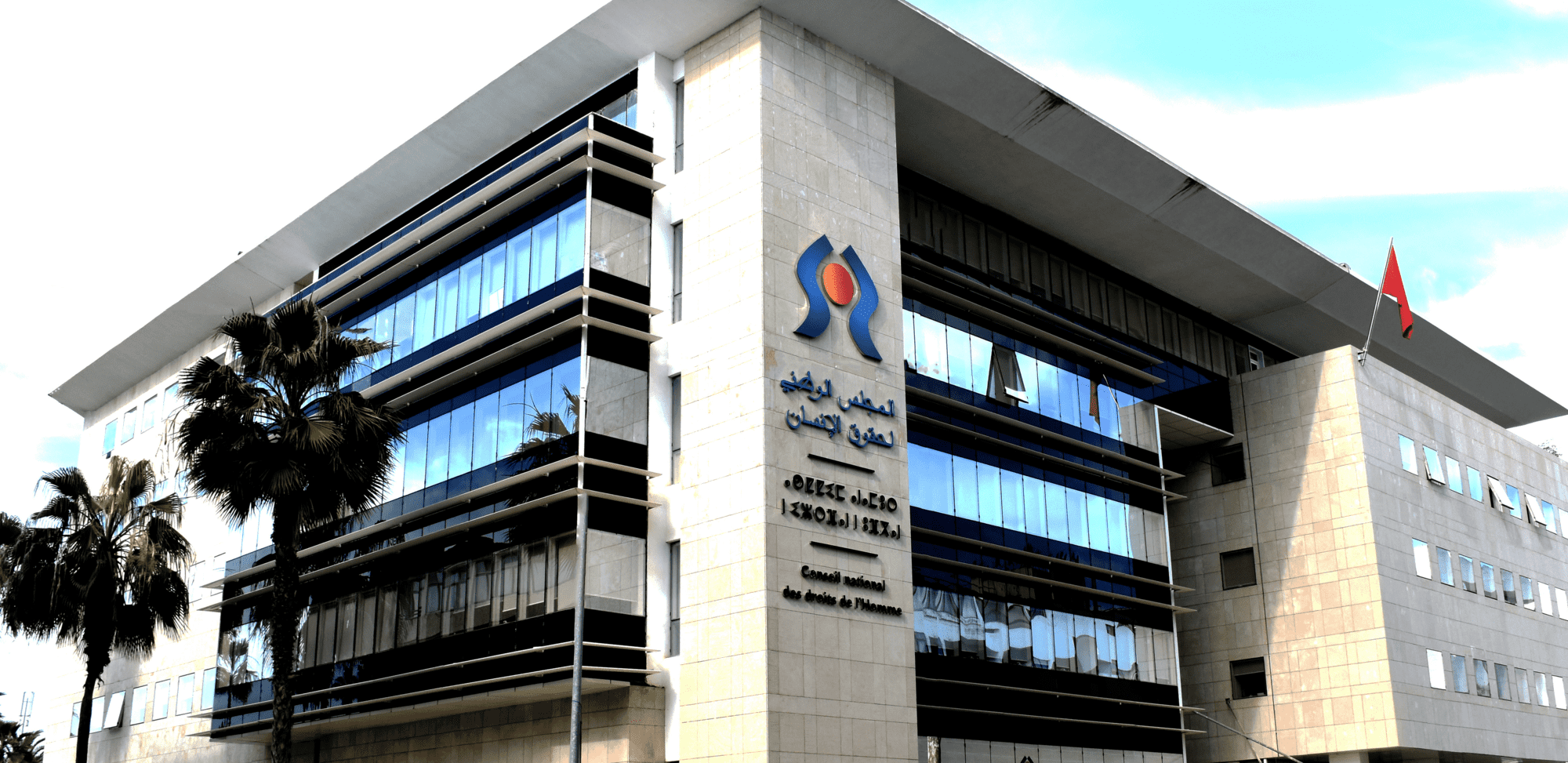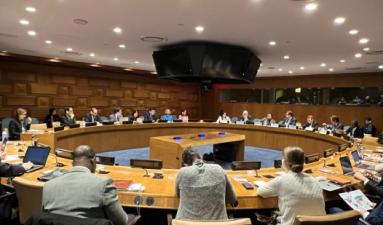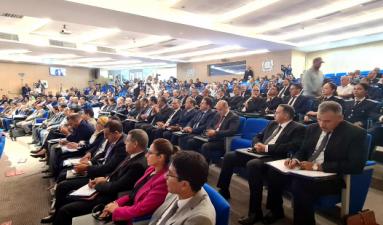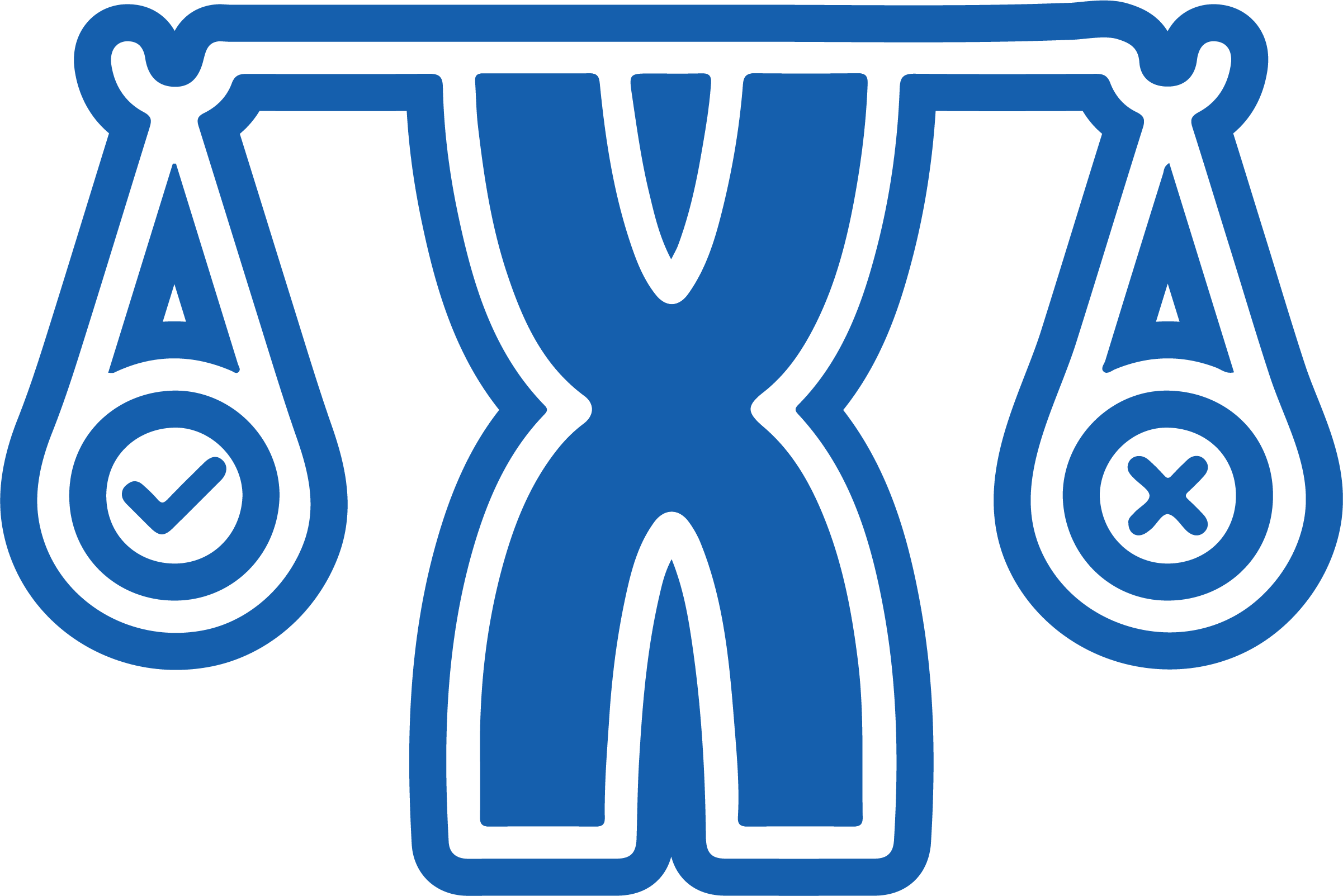Right to Life and Abolition of the Death Penalty
The right to life is considered a fundamental human right. It is a constitutional right protected by law as the foundation for all other rights. The National Human Rights Council (CNDH) monitors the extent to which this right is respected and not violated in any form or under any pretext, particularly by following up on cases of individuals sentenced to death, observing hunger strikes, and monitoring deaths in places of deprivation of liberty. CNDH expeditiously addresses complaints and grievances received in this regard.
CNDH considers that the death penalty is a serious violation of human rights, depriving individuals of the right to life. It is thus a fundamental condition to exercise other human rights. In this context, the Council submitted its memorandum to Parliament on October 28, 2019, on Law No. 10.16 amending the Criminal Code. The memorandum recommends the abolition of the death penalty and urges the Moroccan government to align with the majority of nations, totaling 144, that have abolished this punishment. CNDH's arguments are grounded in the constitutional principle of the right to life as outlined in Chapter 20 of the 2011 Constitution, as well as various international human rights obligations binding our country. Furthermore, the Council emphasizes the absence of concrete evidence demonstrating any deterrent effect of the death penalty on reducing crime levels.
The Council and its Regional Commissions monitor and protect the rights of persons sentenced to death. It also follows up on this category of prisoners by conducting visits, monitoring their health conditions, particularly those with chronic illnesses and mental disorders, accompanying them during the trial process, and providing support to those in vulnerable situations.


